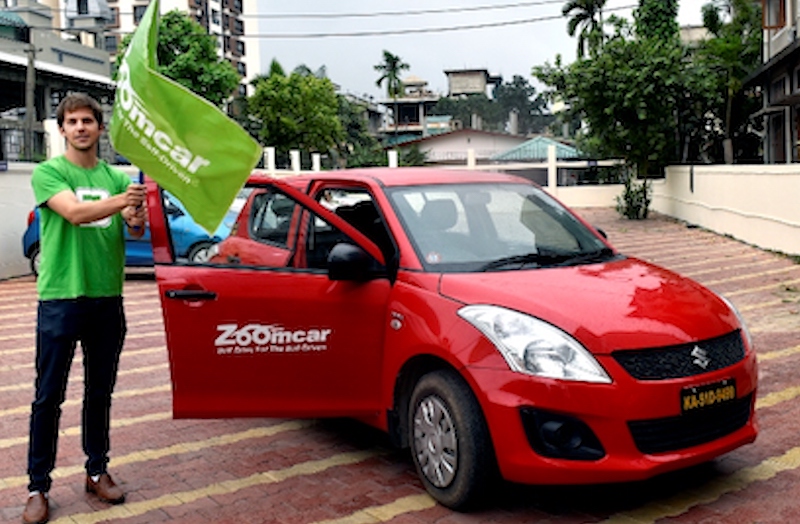In today’s fast-paced world, city driving comes with its own set of challenges—tight parking spots, congested traffic, high fuel prices, and rising car rental costs. That’s where economy cars shine. Compact, affordable, and incredibly fuel-efficient, economy cars are the go-to choice for budget-conscious renters and urban dwellers alike. Whether you’re a tourist exploring a new city, a student running errands, or a local in need of a reliable vehicle, economy cars provide a practical, low-cost solution. With rising interest in cost-saving and eco-friendly driving options, understanding the advantages of economy cars has never been more important.
What Defines an Economy Car?
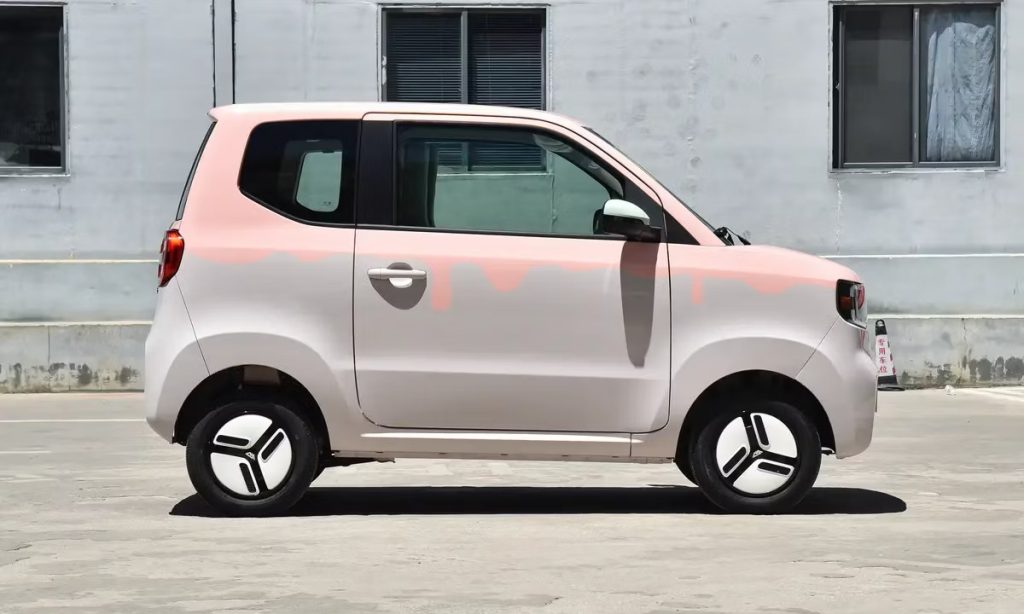
An economy car is typically a small, lightweight vehicle designed for efficiency, affordability, and convenience. These vehicles usually come with a four-cylinder engine and offer seating for four to five passengers. While they may lack some of the luxury features found in premium vehicles, they make up for it with lower running costs, superior fuel economy, and easier handling—especially in urban environments.
Economy cars fall under one of the most rented categories in the global car rental industry. Due to their compact design, they are easier to maneuver through tight city roads, easier to park, and cheaper to refuel. Brands like Toyota, Hyundai, Kia, Nissan, and Honda lead this segment with models such as the Toyota Yaris, Hyundai Accent, Kia Rio, and Nissan Versa, all offering impressive mileage and reliability.
Why Economy Cars Are Perfect for City Driving


Driving in the city is vastly different from highway or long-distance driving. The urban setting is characterized by short trips, stop-and-go traffic, narrow lanes, and limited parking spaces. Economy cars are designed with these conditions in mind.
Their small size allows drivers to effortlessly squeeze into tight parking spots or weave through slow-moving traffic. The responsive handling and light steering make city turns and U-turns easy. Moreover, many newer economy cars come with city-specific features such as rear-view cameras, collision warnings, and compact infotainment systems for navigation.
Additionally, because city driving often means driving in traffic, fuel economy becomes a priority. Economy cars are engineered to perform well in these conditions, providing impressive MPG (miles per gallon) ratings, saving renters significant amounts of money on fuel in the long run.
Fuel Efficiency and Cost-Savings
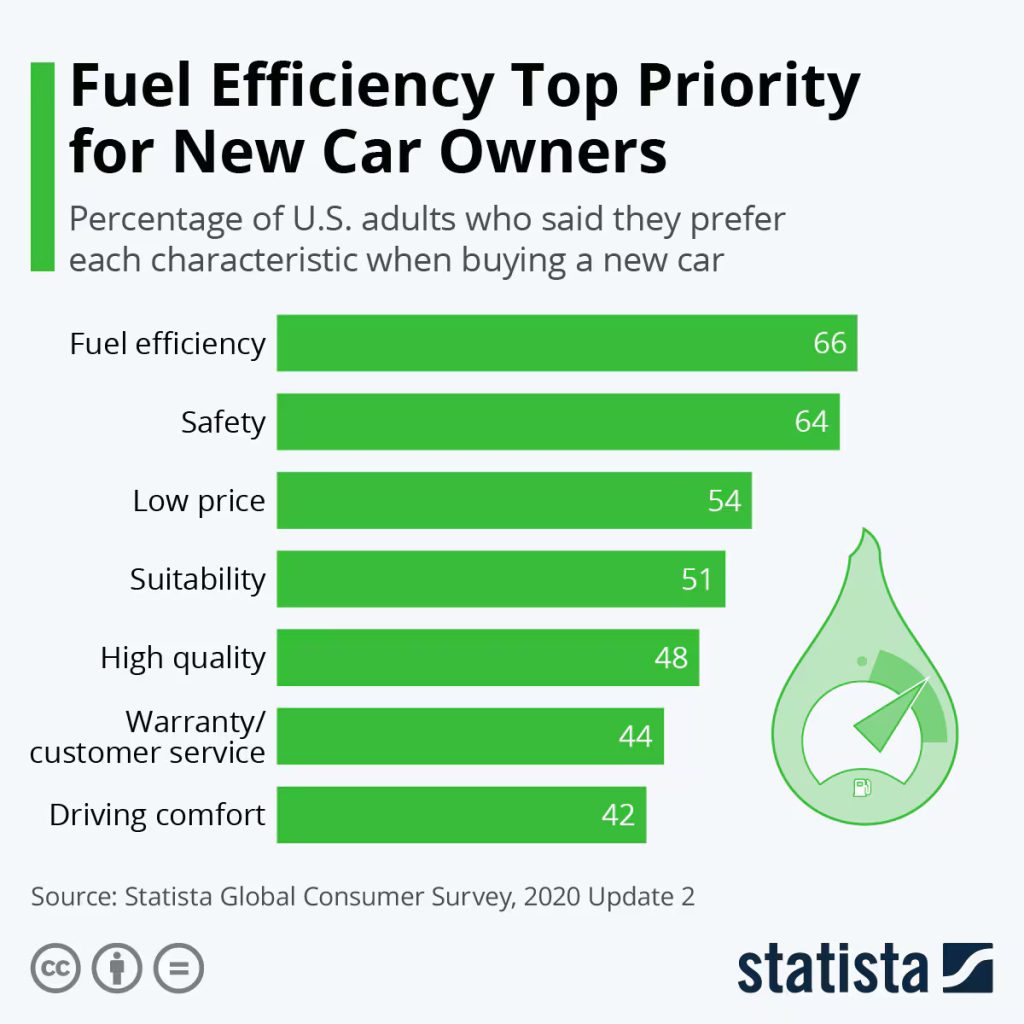
One of the biggest selling points of economy cars is their excellent fuel efficiency. Vehicles like the Toyota Yaris or Hyundai Accent often average between 30 to 40 MPG, depending on city or highway use. This is significantly better than larger vehicles or SUVs, which may only provide 15–25 MPG in similar conditions.
Over a rental period or long-term use, this translates to major savings. In cities where fuel prices are high, driving an economy car can cut your fuel costs by more than 50%. With modern advancements in engine technology, even small cars today don’t sacrifice performance for efficiency. Hybrid versions of economy cars—such as the Toyota Prius C—push this efficiency even further, making them an ideal eco-conscious choice.
Not only do renters save on fuel, but also on rental fees. Economy cars typically fall into the lowest pricing tier in most rental companies’ inventories. Combined with lower insurance premiums and cheaper maintenance, they’re a wallet-friendly option for daily commuting or travel.
Top Economy Car Models in 2025
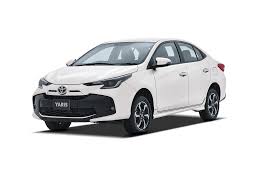
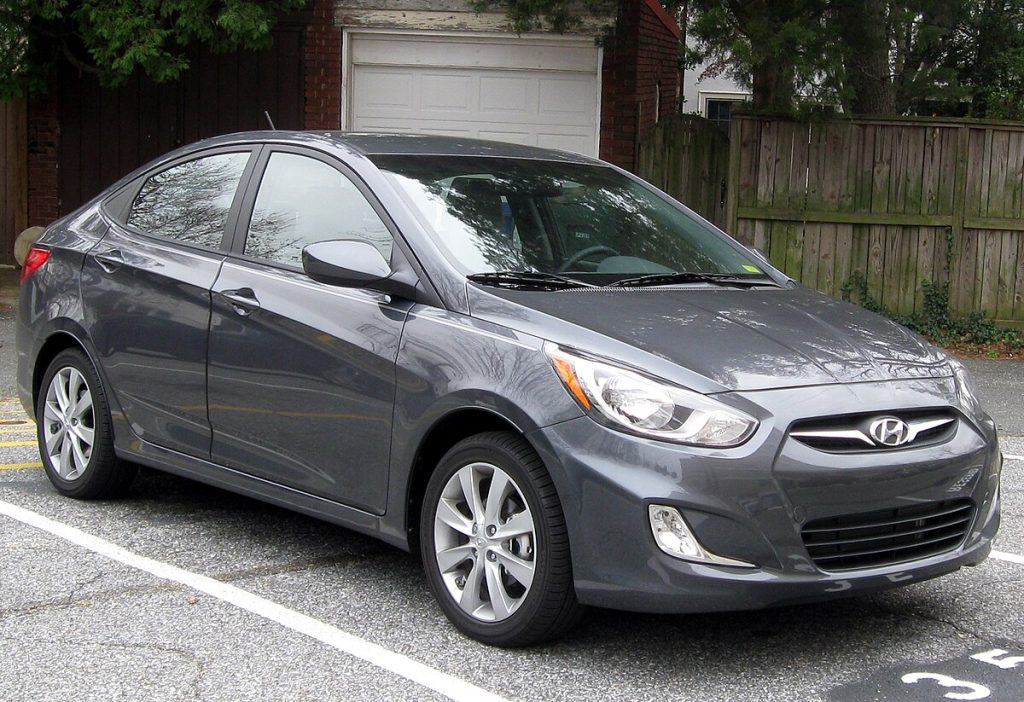
Here are a few standout models making waves in 2025, perfect for both rental fleets and individual city drivers:
- Toyota Yaris:The Toyota Yaris is a reliable, fuel-efficient car ideal for both new and experienced drivers.
- Hyundai Accent: Offers a smooth ride and surprisingly roomy interior for a car its size.
- Kia Rio: A stylish, tech-forward option with great infotainment and safety features.
- Nissan Versa: Competitive pricing and strong fuel efficiency, especially for budget travelers.
- Honda Fit: A hatchback with flexible cargo space, making it a practical choice for city living.
These vehicles are consistent top-performers in rental fleets worldwide and are praised for their drivability and low maintenance.
Parking Made Simple

City drivers know the pain of finding a good parking spot, especially during rush hours or in congested downtown areas. This is where economy cars prove their true worth. Their small footprint allows for parallel parking in tight spots, easier maneuvering into compact parking garages, and the ability to navigate narrow alleys or streets.
Many models also include parking assist features like rear-view cameras and parking sensors, making the process even more convenient for less experienced drivers. You spend less time searching for parking, and less money on parking fees in compact spots designated for smaller vehicles.
Environmentally Friendly Choice
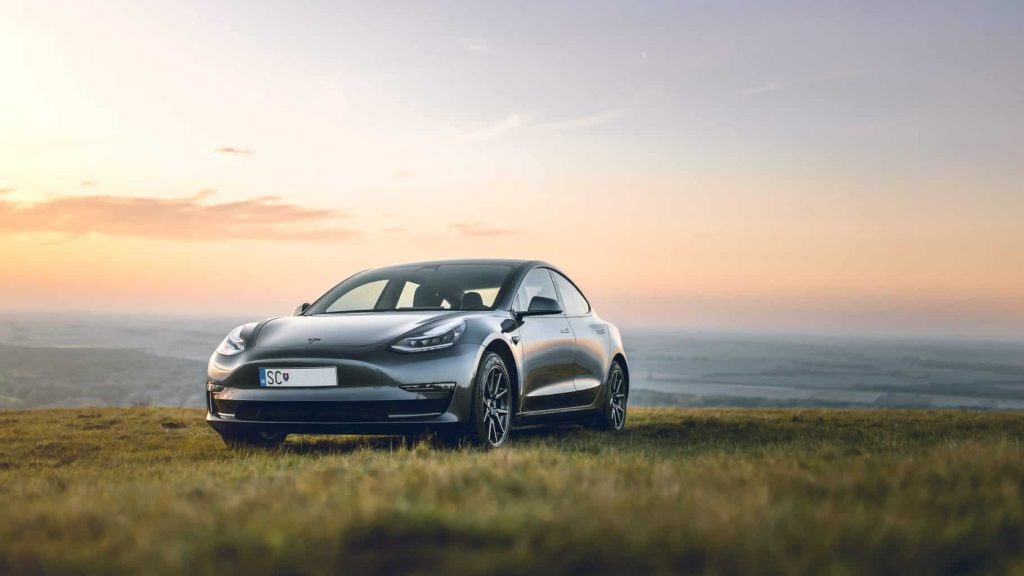

Today, many urban centers are cracking down on pollution with strict emissions regulations and traffic restrictions. Some cities offer incentives or access to special “green zones” for vehicles with low emissions. Economy cars, especially hybrids, fall well within acceptable emission levels, making them a smart choice for eco-conscious renters or residents.
Additionally, due to their smaller engines and lighter body structure, economy cars emit less CO₂ than larger vehicles. They also consume fewer raw materials in manufacturing and often achieve higher lifecycle efficiency ratings.
With climate awareness on the rise, choosing an economy car is a responsible decision that aligns with environmental sustainability goals—without compromising on convenience or affordability.
Ideal for Short-Term and Long-Term Renters

Economy cars are highly versatile. For short-term users—like tourists, business travelers, or weekend trippers—they provide everything necessary: comfort, fuel savings, and ease of driving. For long-term renters or residents, the cost-effectiveness of maintenance, fuel, and insurance becomes even more valuable.
With the rise of car subscription models and long-term car leasing options, economy cars are being chosen more frequently by younger adults and urban professionals who don’t want the long-term commitment of ownership but still need a car for commuting and errands.
Technology and Safety in Modern Economy Cars

Today’s economy cars are not bare-bones machines. Most newer models come equipped with advanced technology and safety features that enhance the urban driving experience. Expect touchscreen infotainment systems with Apple CarPlay or Android Auto, Bluetooth connectivity, voice control, and navigation aids.
On the safety side, features such as lane departure warning, automatic emergency braking, adaptive cruise control, and blind-spot detection are becoming standard in many economy car models. These features help reduce accidents and make driving in busy city traffic much safer and less stressful.
Conclusion: Should You Rent or Buy an Economy Car for City Driving?
If your driving needs are mostly urban and you value affordability, ease, and efficiency, an economy car is your best bet. Whether you’re renting for a weekend getaway or considering a more long-term car lease, models like the Toyota Yaris or Hyundai Accent provide unbeatable value. You’ll save on fuel, enjoy stress-free parking, and drive confidently knowing you’ve made an eco-friendly and cost-efficient choice.
In a world where cities are becoming more crowded and fuel prices are unpredictable, the demand for economy cars will only rise. Their popularity is not just a passing trend—it’s a practical response to modern urban living.



